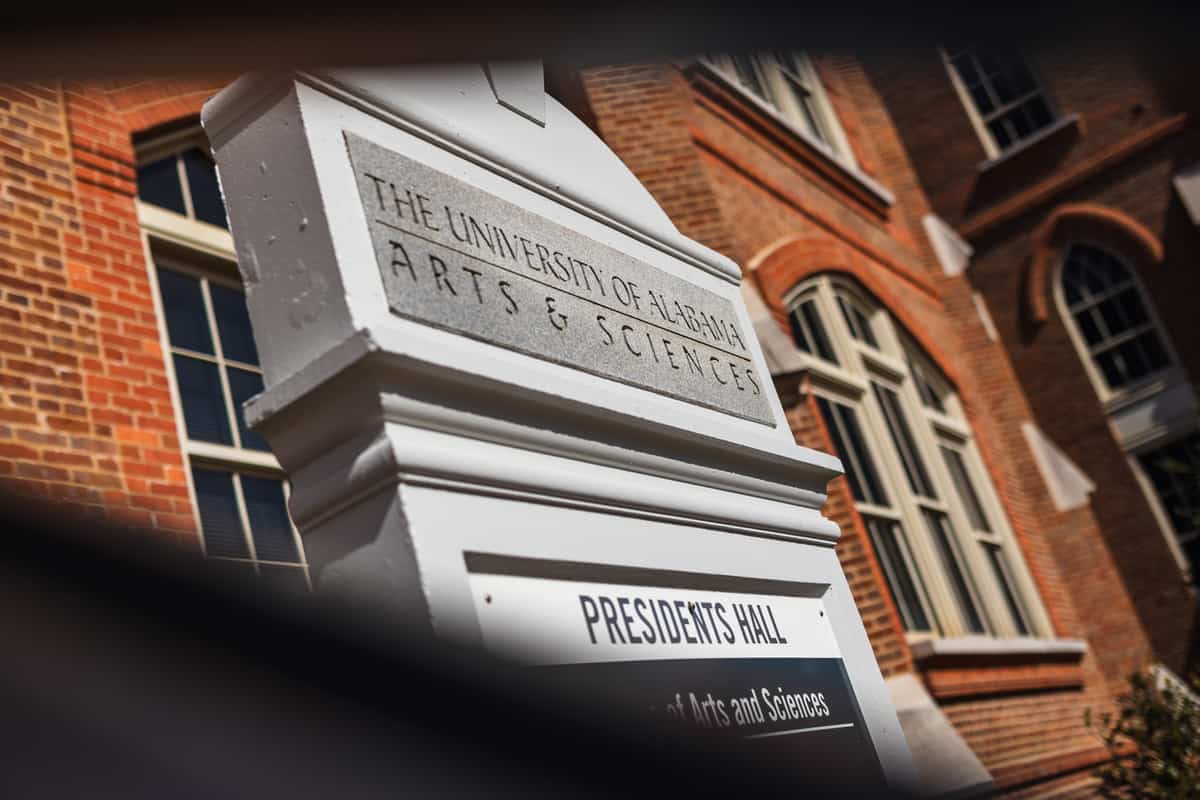Across high school and college campuses, students are being highly encouraged to pursue degrees in a STEM field. So much so that the liberal arts (language, literature, philosophy, life and earth sciences, and so on) are being left behind, pushed to the background.
In the long run, this is only going to hurt the basic fabric of our society. A proper foundation in the liberal arts benefits not only an individual, but also the society the individual is a member of.
Students often overlook the worth in a liberal arts degree because they’re pressured to enter fields in science, technology, engineering and math. They are told these options will lead them to more successful careers.
However, a 2020 study by the Georgetown University Center on Education and the Workforce found that the average return on investment for liberal arts colleges “is nearly $200,000 higher than the median for all colleges.”
Studying the liberal arts is a solid choice for securing your future, and the knowledge you obtain is actually sought by many employers. The Harvard Business Review found that “80% of employers agree that all students need a strong foundation in the liberal arts and sciences.”
It is clear that, statistically, there is much value to be found in the liberal arts. However, this is hardly all that matters. Human testimony can also show just how happy people are with their choices, and in this case, it agrees with the numbers.
“I often feel that STEM majors look down upon the arts, but a major in history will help prepare me for law school in a few years, and the classes are intriguing and enjoyable,” said Nora Breedlove, a freshman majoring in history and economics through the College of Arts and Sciences.
Paul Albano, the associate director of undergraduate creative writing here at the University, is very satisfied he chose to major in English and legal studies during his undergraduate years. He said that “the liberal arts guide and challenge students to be their most creative, well-rounded and empathetic selves. Its programs and majors are fun, stimulating and essential, having shaped history’s most celebrated artists, thinkers and scholars for centuries.”
These statements show the value of a liberal arts education is measured in knowledge and morals, not just financial benefit. Unfortunately, not everyone sees it this way. In recent years, there has been a significant decline in undergraduate admissions to liberal arts programs.
At Florida Atlantic University, enrollment in the university’s liberal arts and sciences bachelor’s program has dropped from 476 students in 2019 to 253 this year. This is a loss of over 200 students and indicative of just how much these programs are suffering.
West Virginia University recently “cut 28 academic programs — many in areas like languages, landscape architecture and arts,” The New York Times reported.
It is important that both incoming and current undergraduate students understand the value of a liberal arts education so that these programs don’t continue to experience cuts and drops in enrollments. A degree in one of these areas can prepare you for further education in medicine or law, for careers ranging from journalism to education, and for handling life itself.
As a liberal arts major pursuing a dual degree in English and environmental science, I can personally attest to how amazing the College of Arts and Sciences here at the University is. The education is thorough and wide-ranging, preparing you for a variety of future careers and encouraging personal growth. I highly encourage checking out the college’s programs and discovering just how much the liberal arts can do for you.
As Albano said so well, “At its core, the liberal arts are the studies of ourselves — our past, our stories, our experiences and the systems we build to better understand the worlds around us.”









